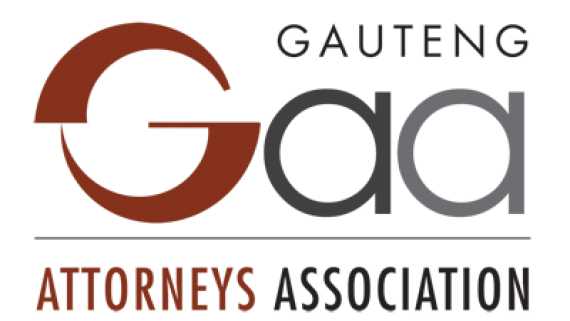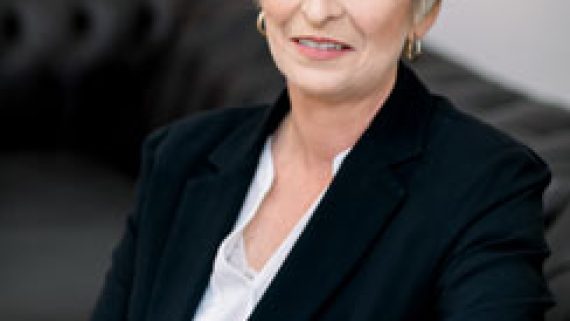Private college graduates ‘can practise law’
The Pietermaritzburg High Court has ruled in favour of the Independent Institution of Education’s (IIE’s) in a matter involving its LLB degree and has given the Minister of Justice and Constitutional Development, Michael Masutha, one year to change the Legal Practice Act (LPA).
The ruling means that law graduates from private colleges are just as qualified to enter the legal profession as their counterparts from public universities. The ruling has significant implications for registered and accredited private higher education institutions in South Africa.
Acting Judge Carol Sibiya found that students studying towards the IIE’s LLB degree at Varsity College are qualified to enter the legal profession after graduation.
Varsity College is a brand of the IIE, whose other brands include Vega and Rosebank College.
In her judgment, Judge Sibiya declared section 26 (1) (a) of the LPA constitutionally invalid, insofar as it only allows LLB graduates from public universities to enter the profession and precludes students from private institutions from doing so.
The ruling, which still has to be ratified by the Constitutional Court, was suspended for one year in order to give Masutha the opportunity to change the problematic sections of the act.
The matter arose last year following a query by a parent of a student at Varsity College to the KZN Law Society.
The Law Society’s response was that only graduates from “universities” could be permitted to become candidate attorneys and therefore the IIE’s qualification would not be recognised for this purpose.
The acting judge said she could find “no rational basis” for differentiating between universities and private colleges, particularly given that the Council for Higher Education (CHE), the highest educational authority in the land, confirmed that there was no difference in the quality and outcomes of the IIE’s 4-year LLB and that of public universities.
Commenting on the ruling, Dr Felicity Coughlan, director of the IIE, said: “We were always confident of our position. However, the uncertainty that existed in the law created a great deal of unnecessary consternation for our students and their parents.”
Provided by: African News Agency (ANA)








